CONFERENCE
The Universal Declaration on Bioethics and Human Rights of UNESCO
Ten Years after its Declaration (19 October 2005)
Rome – Aula Magna of the Camillianum
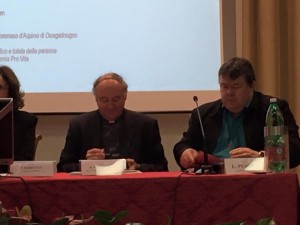 Ten years after the Universal Declaration on Bioethics and Human Rights, it is interesting to observe how bioethics appears as a critical conscience as regards a certain social malaise, increasingly difficult access to treatment, increasing economic inequality between social classes, environmental catastrophe and neglect…
Ten years after the Universal Declaration on Bioethics and Human Rights, it is interesting to observe how bioethics appears as a critical conscience as regards a certain social malaise, increasingly difficult access to treatment, increasing economic inequality between social classes, environmental catastrophe and neglect…
Bioethics invites us not to appeal in a rhetorical way to shared human rights but, rather, address the most varied forms of vulnerability in a responsible way. It invites us to take on risks in a responsible way to achieve authentic human growth, for every man and all men; to look for shared languages; and to maintain dialogue with the various agencies that are committed to the humanum. One is dealing here with achieving a happy circularity between absolute principles and the reality in which we live at a practical level. In article 1 of the declaration it is immediately made clear that we have a clearly anthropocentric perspective (human rights) and only a lateral one of the environment as a context in which man himself lives.
Human rights refer to questions of a juridical and technical/health-care character, to the dimension of scientific research, to the right to health, to privacy, to respect for cultural diversity, to commitment to solidarity, to attention to future generations, to social responsibility and responsibility for health (access to health care, the protection of life above all a its beginning and its natural end), and to the promotion of access to shared treatment.
The bioethics of the Declaration calls on us to analyse three central points:
- Global bioethics as a consequence of the promises of science and scientific research (human-genetic engineering with the risk/temptation of intervening upon the germinal line of man himself, with the need for a real distinction between actions that are truly therapeutic and projects for the strengthening of human beings themselves).
- Global bioethics as a question of freedom and liberties (autonomy, consent, respect for vulnerability).
- Global nioethics as a question of justice, of equality and of inequality (as an experience than endangers peace and social coexistence), as a sharing of the benefits that have been achieved (we must not and we cannot be satisfied with top down beneficence – we are dealing with moving from the creation of a network of sharing of knowledge and scientific progress) . This is also a way of feeling brothers and sisters because we are participants not only in benefits (offered with a logic of pure philanthropy from on high) but also in commitments to research and the implementation of knowledge.
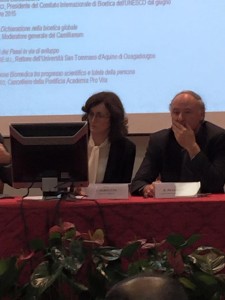 If you want to harvest in a few months, sow better.
If you want to harvest in a few months, sow better.
If you want to harvest in a few years, plant trees.
If you want to harvest without end, educate man!
The official text of the Universal Declaration on Bioethics and Human Rights (approved on 19 October 2005 at the thirty-third general conference of UNESCO) can be found at the following links:
http://portal.unesco.org/en/ev.php-URL_ID=31058&URL_DO=DO_TOPIC&URL_SECTION=201.html
Universal Declaration on Bioethics and Human Rights of UNESCO (19 October 2005)
Aula Magna of the Camillianum, 13 October 2015
Presentation
Bioethical questions constitute a civil laboratory, a context in which values and different cultures can enter into dialogue. The Universal Declaration on Bioethics and Human Rights adopted by the General Conference of UNESCO (on 19 October 2005) emphasises the social, legal and environmental dimensions of problems connected with medicine, the life sciences and biotechnologies.
The safeguarding of the wellbeing, the autonomy and the vulnerability of individuals is of priority importance and the same may be said about the promotion of fairness and cooperation and the protection of the environment, the biosphere and biodiversity.
This meeting seeks to reflect on how the principles and the procedures recommended by the Declaration have penetrated legislation and policies, to assess whether there is fair access to medical, scientific and technological progress, and to see whether the needs of developing countries are protected.
The ‘desirability of developing new approaches to social responsibility to ensure that progress in science and technology contributes to justice equity and to the interest of humanity…Considering that all human beings, without distinction, should benefit from the same high ethical standards in medicine and life science research’ (preamble) remains of great contemporary relevance.









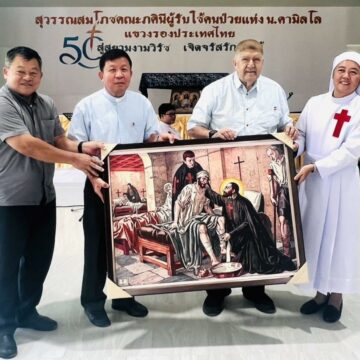
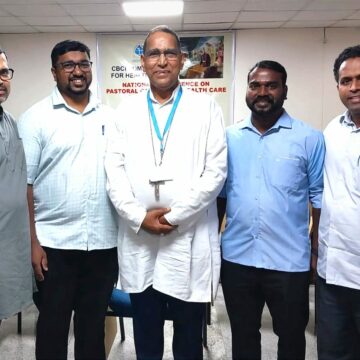
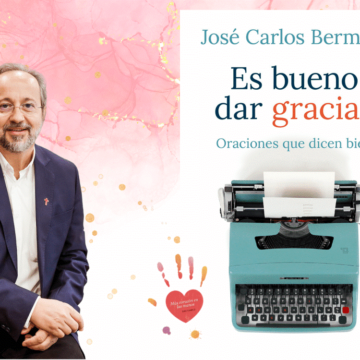

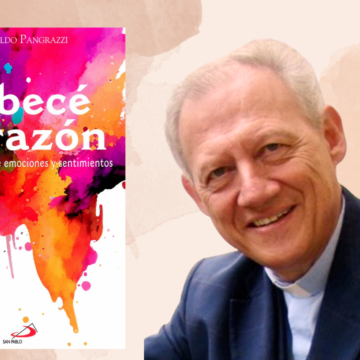
Camillians on Facebook
Camillians on Twitter
Camillians on Instagram